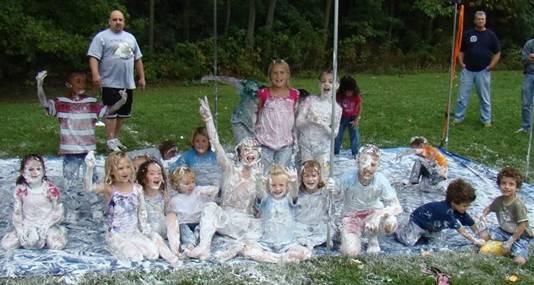
Being a teenager is not easy. Being a parent of teenagers is not easy either, but there are ways for parents to help make life easier for both. Here is a list of 5 more thoughts that teens have, which your behavior and attitude as a parent can change to make the teen years much nicer.
I must be adopted
“Maybe I was adopted. That explains the way they treat me. I’ve heard them saying I looked like Mom, but I look at my photos as a baby and I don’t look like either one of my parents or even like myself today. They could have adopted me when I was just a baby. That makes sense. I think this is why they love my brother more than they love me.”
What parents can do
Every child has this horrible thought at some stage. It is very natural to question your parents’ behavior as that of adoptive parents. There is no real way to prevent this thought from getting into kids’ mind, but there are good ways to make sure it will go away quickly, before it creates any damage.
Talk to your kids about their birth and talk about it a lot. Kids ask question about their pregnancy and birth to check if all the stories match. If Mom tells one story and Dad tells another one about the same birth, that will be odd, but if they tell the stories over and over and everything matches, they must be true!















